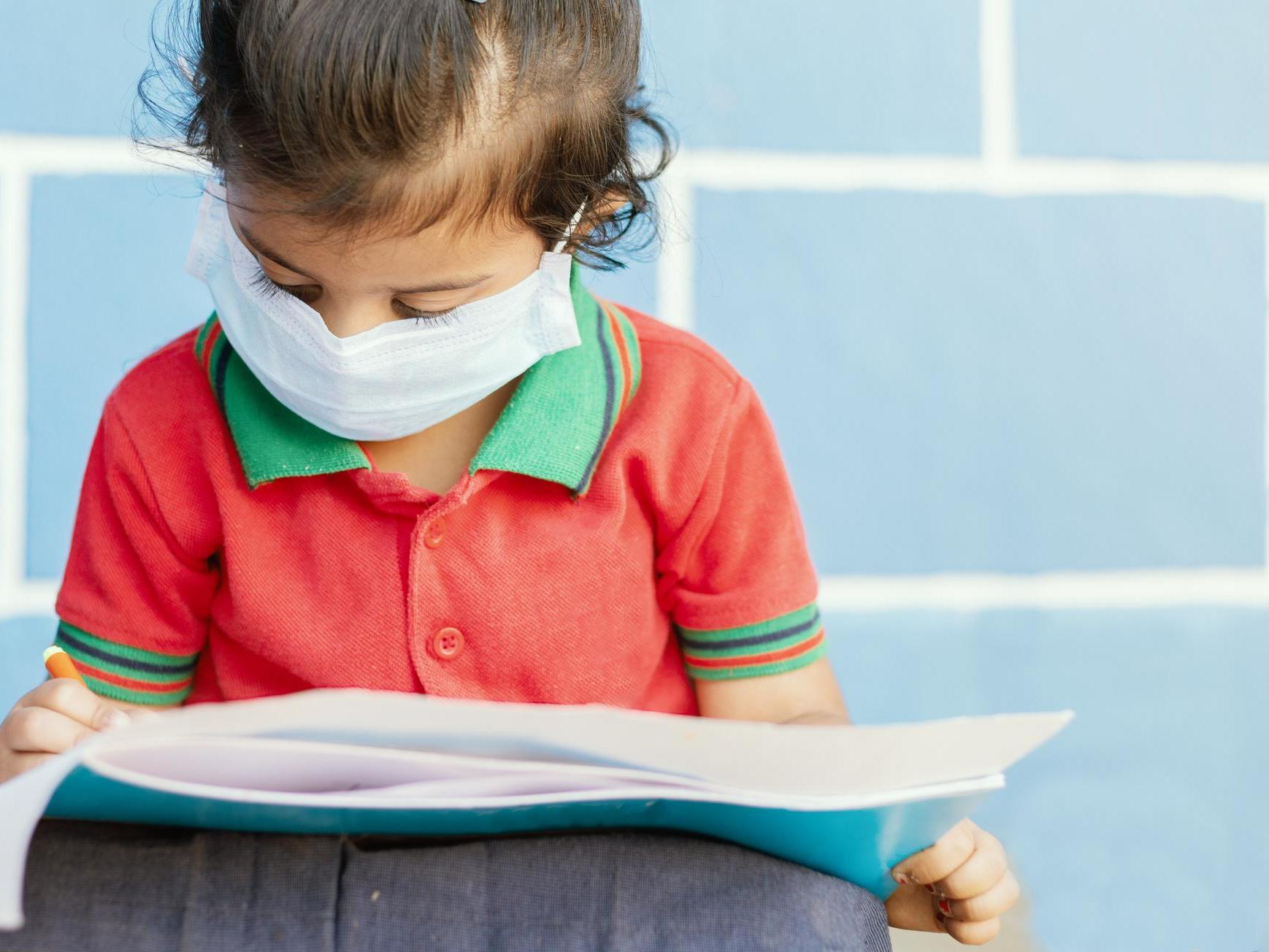Digital schooling is no ‘great leveller’ – education in lockdown is more divided than ever
Private school students are twice as likely to attend online classes than those in comprehensives, Shadim Hussain says. Suddenly democratising the internet doesn't sound so far-fetched


Coronavirus isn’t taking many children’s lives, but it is ruining their life chances. As Boris Johnson eases the lockdown, he must also fix the damage done to millions of Britain’s most vulnerable children. Teachers’ unions are resisting a premature school reopening. Last Wednesday, the Department for Education admitted they hadn’t modelled the dangers of school transmission rates. All this means our kids will be staying home for the foreseeable future, meaning effective digital schooling is essential.
Sidelined from much of the Covid-19 debate is the fact that many children are the invisible victims of the pandemic, especially if they are from poorer backgrounds. Inevitable post-corona spending cuts are looming, piled on top of the austerity that has hit Britain’s poorest for the last decade. Already overstretched councils are considering cuts of 20 per cent. This is "austerity squared", and it is going to cut children off from the opportunities many of us assumed they would have as citizens of the world’s sixth-largest economy.
The first sign of this is in the educational apartheid that is emerging in Britain between schoolchildren who have access to the internet and those who don’t. If we want to avoid millions of children being left behind in the new age of digital schooling, we need to democratise internet access now.
This is a bigger problem than many of us realise: 12 per cent of 11-18 year olds don’t have internet access at home from a computer or tablet. In some schools, 40 per cent of pupils do not have a home computer. Many of those who do have a home computer will be sharing it with siblings, meaning only one of them can “attend” virtual school at a time. This is a particular issue in some BAME communities, where families are more likely to have 4.2, not 2.4, children.
Although physical schooling has remained open to vulnerable children during lockdown, only 10 per cent of eligible children are actually attending, likely due to a fear of contracting the virus and spreading it to their parents.
Digital schooling is even more discriminatory than physical education. Private school students are twice as likely to attend online classes than those in comprehensives. We can see this in the amount and quality of work being turned in by students: 50 per cent of teachers in private schools have said that they’re receiving three-quarters of work back, compared with 27 per cent in the most advantaged state schools, and just 8 per cent in the least advantaged state schools.
The internet, which was said to be the great leveller, is fast becoming the great divider.
The government is now responding to this crisis. It has committed £100m to boosting remote education. Free laptops are to be provided to children who either have a social worker or are in care, as well as disadvantaged children in Year 10.
We need to do more, however. We must join the 21st century for the sake of our children. Britain ranks 35th out of 37 countries for the proportion of fibre in its broadband structure. Only 8-10 per cent of premises in the UK are connected to full-fibre broadband, compared to 97 per cent in Japan and 98 per cent in South Korea.
As long ago as 2016, the UN Human Rights Council declared access to the internet to be a basic human right for individuals to exercise their right to freedom of opinion and expression. Countries around the world have been taking heed of this – the Indian state of Kerala plans for its 35 million residents to have universal access within the year, and the WiFi4EU programme aims to deliver free WiFi to every EU village and public square.
Until Britain follows suit, it falls to organisations like My Foster Family to provide dongles and tablets to vulnerable kids, sourced from local donors in the absence of support from Big Tech, Silicon Valley or even British mobile networks or broadband providers.
Coronavirus is likely to lead to more automation and digitisation, meaning children will have fewer opportunities to train and work. With media and political pressure focused on Downing Street briefings, local governments have been allowed to neglect their responsibilities to vulnerable children.
The veneer of social mobility provided by our school system is crumbling, replaced with a generation who have just spent two months in isolation, perhaps learning something, but perhaps tragically being groomed, as MPs have warned. Gangs are still forcing children into "county lines" drug trafficking during the pandemic. Those who exploit and abuse children see Covid as an opportunity, not a crisis.
With lockdown, referrals to social services and attendance at GPs and hospitals have hit all-time lows. It is these services that can spot the signs of child neglect or abuse.
When I was at school, it would have been unthinkable to not have access to the library or have the ability to borrow a book. So why do we not see access to a computer in the same way?
It will take years or perhaps decades for us to see the real cost of the lockdown for society’s youngest and most vulnerable. The least we can do is make sure they all have access to an education – starting with internet access.
Shadim Hussain is a member of the government’s steering group on adoption, and CEO of My Foster Family
Join our commenting forum
Join thought-provoking conversations, follow other Independent readers and see their replies
Comments